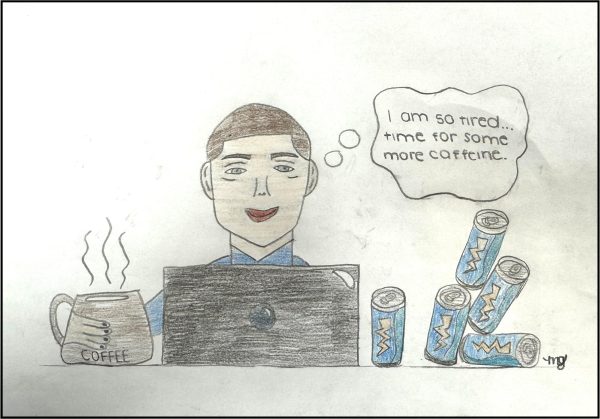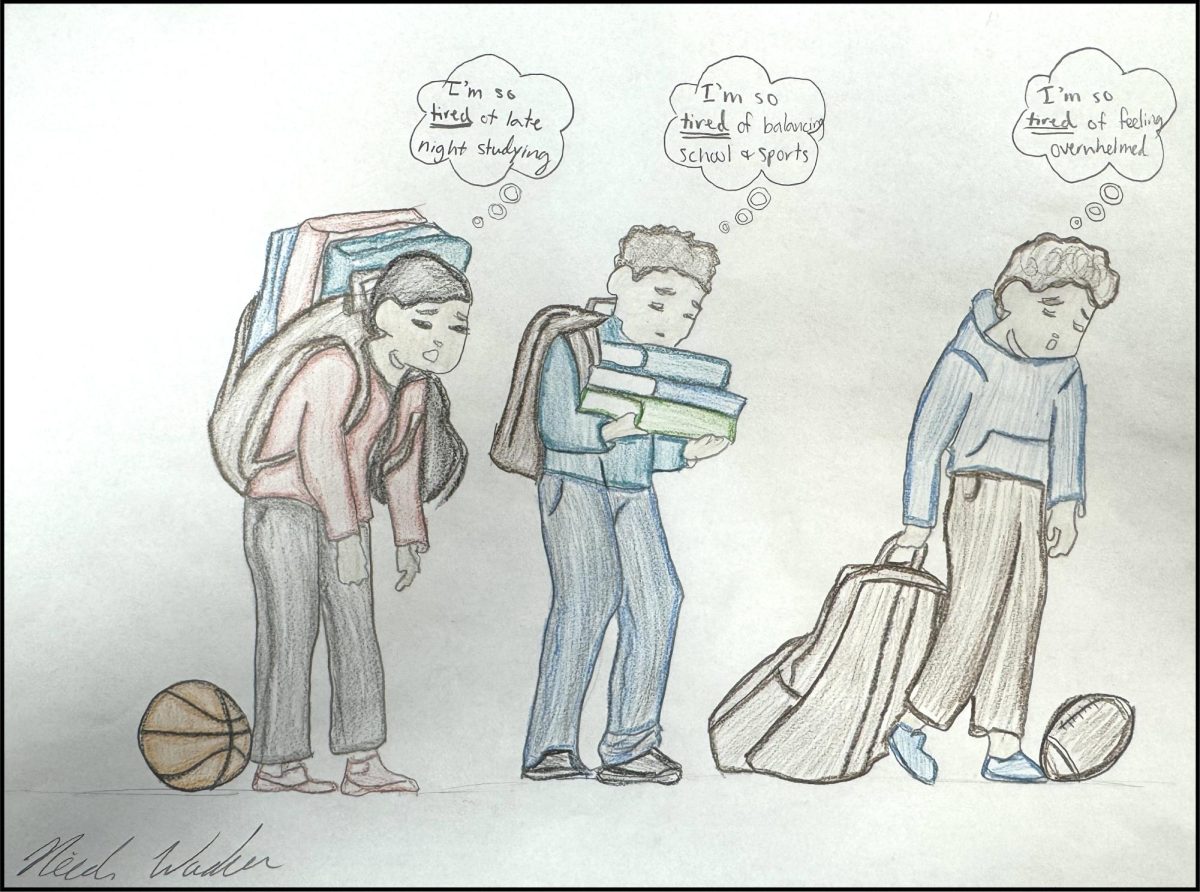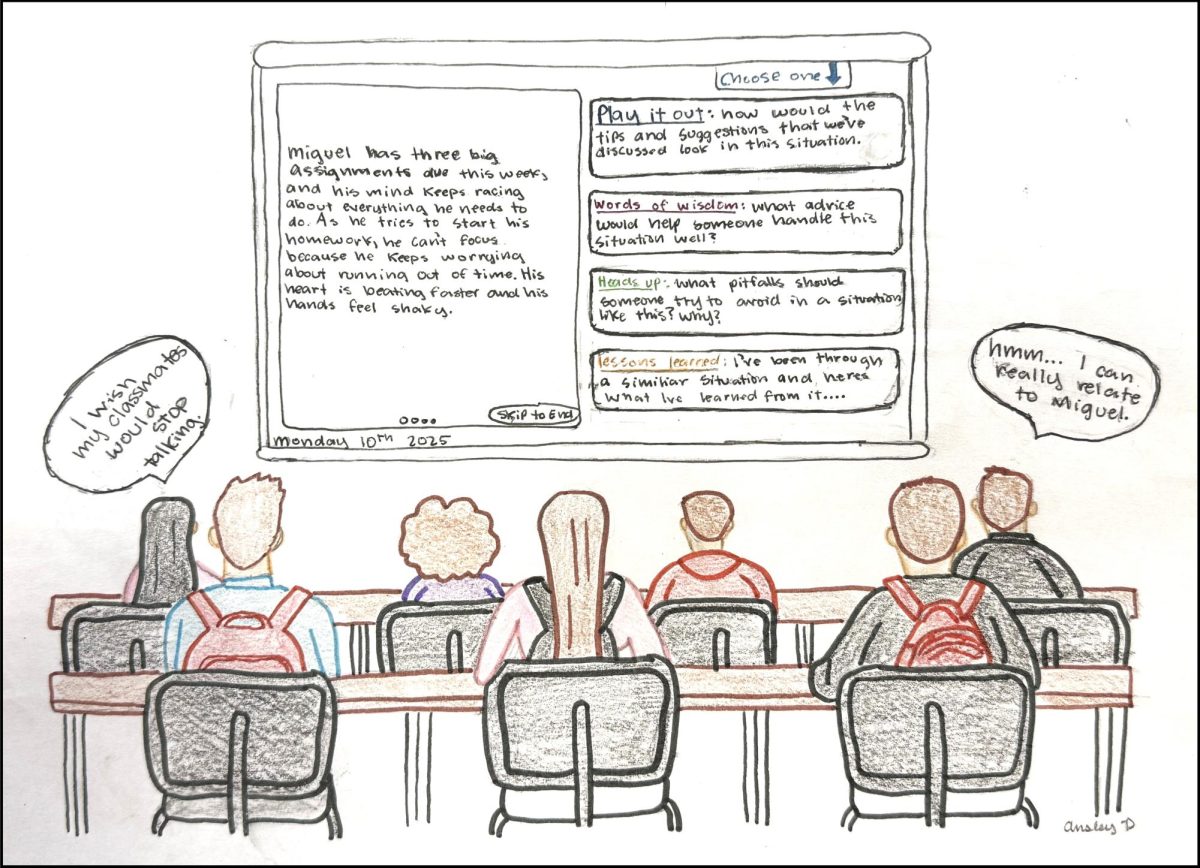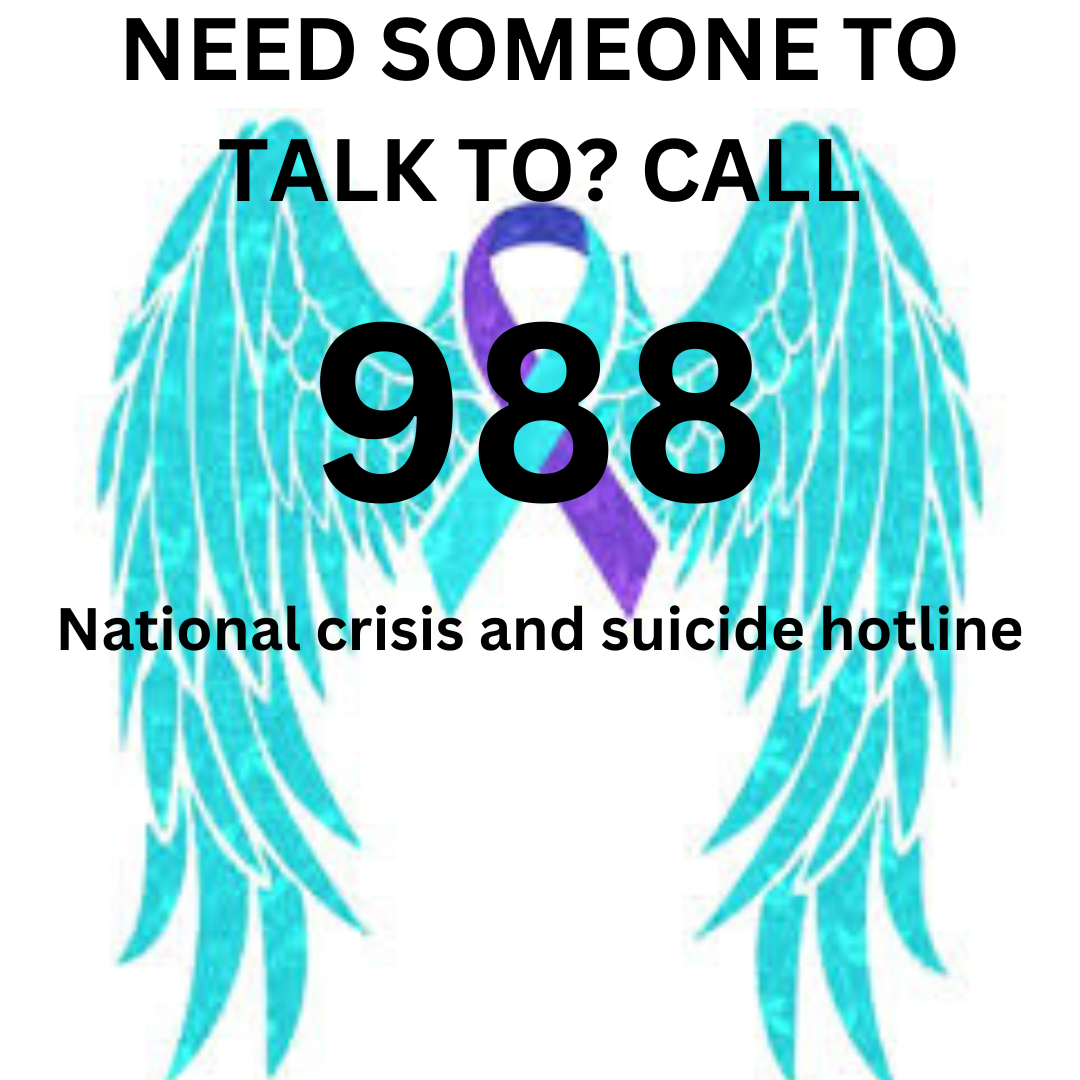This school year, many teachers and students have seen a rise in caffeine consumption through energy drinks and even caffeine pills. Although caffeine may have short-term benefits, it also has negative effects, so students should be careful with how much they consume.
According to the National Library of Medicine, caffeine is a natural stimulant that can come from various sources ranging from coffee beans, cacao beans and tea leaves. It can also be found in coffee, soft drinks and most commonly in Yutan, energy drinks. Caffeine can also be found in chocolate, energy bars and cough syrups. Caffeine increases alertness, energy and concentration and is absorbed into the body in about 30-60 minutes, which is why students might feel like they need to have a short-term boost in their energy with their busy schedules.

However, there are many negative effects caffeine has, and students need to consider the effects it can have on their bodies—including anxiety, irritability, drowsiness and more according to the Healthline website. Many people should avoid caffeine, including children, pregnant women and athletes. Pregnant women should avoid it because it can increase the risk of miscarriage, it can affect the baby’s birth weight causing it to be lowered and it can cause difficulties during labor. Athletes should avoid caffeine because it could be a restricted drug. Children should avoid caffeine because it can increase irritability and sleeping problems, according to the Better Health Channel website.
Another problem with caffeine is that it is addictive. Over time, when people consume caffeine a lot, their bodies will soon build up a tolerance for it and become dependent on it. If someone stops having caffeine, they will experience what is called caffeine withdrawal. According to the National Library of Medicine, this comes with many symptoms, “including headache, fatigue, decreased energy/activeness, decreased alertness, drowsiness, decreased contentedness, depressed mood, difficulty concentrating, irritability and feeling foggy/not clearheaded.”
Caffeine can also affect your academic performance in good and bad ways. It can cause less tiredness, help cope with stress and improve cognitive performance, but also can cause fatigue and irritability, according to the Family and Child Health website.
Luckily, caffeine has alternatives. You can start by getting enough sleep. To help you sleep, you can avoid naps, not use electronics before bed and exercise. But if you can’t, you can have some teas, like herbal tea, green tea and matcha. Tea is one of the healthiest forms of caffeine. Other drinks, such as fruit smoothies, golden milk, vegetable smoothies and many more, can also be healthier ways to get energy.
Even though caffeine has benefits people should watch how much they take daily so they dont have to experience the negative effects.









